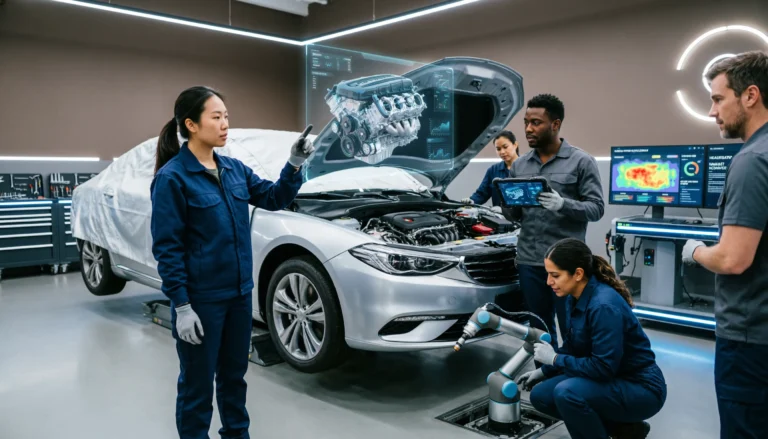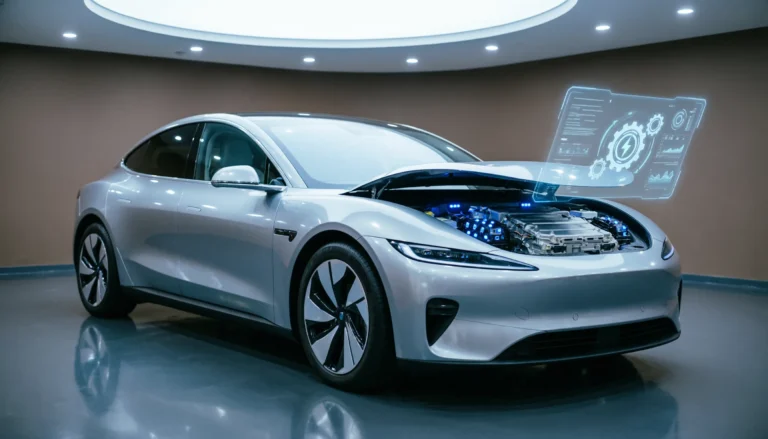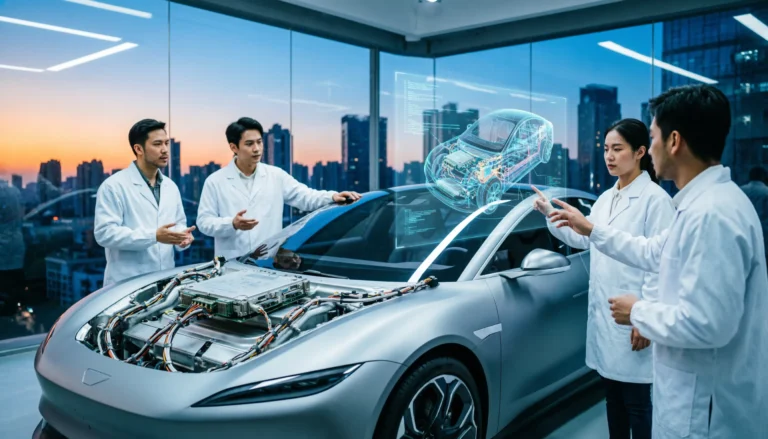
Are vehicle owners feeling overwhelmed by technology that doesn’t address their needs, is difficult to use, or has limited functionality? The J.D. Power 2024 U.S. Tech Experience Index (TXI) Study suggests this may be the case. The study, which evaluates user experiences with advanced vehicle technologies, reveals mixed reviews. While some features, like AI-based smart climate control, are well-received, others, such as facial recognition and gesture controls, are less popular. Gesture controls, for example, have a high rate of reported problems (43.4 per 100 vehicles) and are seen as lacking in usefulness by 21% of owners, indicating a poor return on investment for automakers.
To address these issues, J.D. Power has introduced a return on investment (ROI) analysis to categorize technologies into “must have,” “nice to have,” and “not necessary.” This approach helps automakers better align their technology strategies with customer expectations.
“A strong advanced tech strategy is essential for vehicle manufacturers,” says Kathleen Rizk, senior director of user experience benchmarking and technology at J.D. Power. “While many technologies meet customer needs, others are seen as either useless or annoying. Our ROI analysis helps carmakers focus on the technologies that matter most and manage escalating costs.”
Key findings from the 2024 study include:
- Preference for Hands-On Tech: Despite the rise of advanced driver assistance systems (ADAS), many drivers prefer features that directly address specific issues, such as blind spot monitoring. Advanced features, like active driving assistance, receive low satisfaction scores, suggesting they don’t solve known problems effectively.
- Limited Value of Passenger Screens: Passenger display screens, despite growing availability, are often viewed as unnecessary. They face usability issues and add complexity to vehicle operation, with only 10% of vehicles carrying front-seat passengers daily.
- Potential Decline in Tesla’s Tech Edge: Tesla, once praised for its technology, is seeing declining satisfaction as its customer base broadens. Technologies like direct driver monitoring are particularly problematic, affecting overall satisfaction.
Top-Ranked Brands:
- Genesis leads overall and among premium brands for innovation, with a score of 584. Lexus (535) and BMW (528) follow in the premium segment.
- Hyundai ranks highest among mass-market brands for innovation, with a score of 518, followed by Kia (499) and GMC (439).
Advanced Technology Awards:
- Convenience Award: Toyota Sequoia (mass market) for its camera rear-view mirror.
- Emerging Automation Award: Genesis GV70 (premium) and Kia Carnival (mass market) for front cross traffic warning.
- Energy and Sustainability Award: BMW iX (premium) for one-pedal driving.
- Infotainment and Connectivity Award: BMW X6 (premium) and Hyundai Santa Fe (mass market) for phone-based digital key.
The 2024 TXI Study is based on feedback from 81,926 owners of new 2024 model-year vehicles surveyed after 90 days of ownership, conducted from July 2023 through May 2024. It complements J.D. Power’s Initial Quality and Automotive Performance, Execution, and Layout Studies by evaluating how well new technologies are integrated and received in the market.







